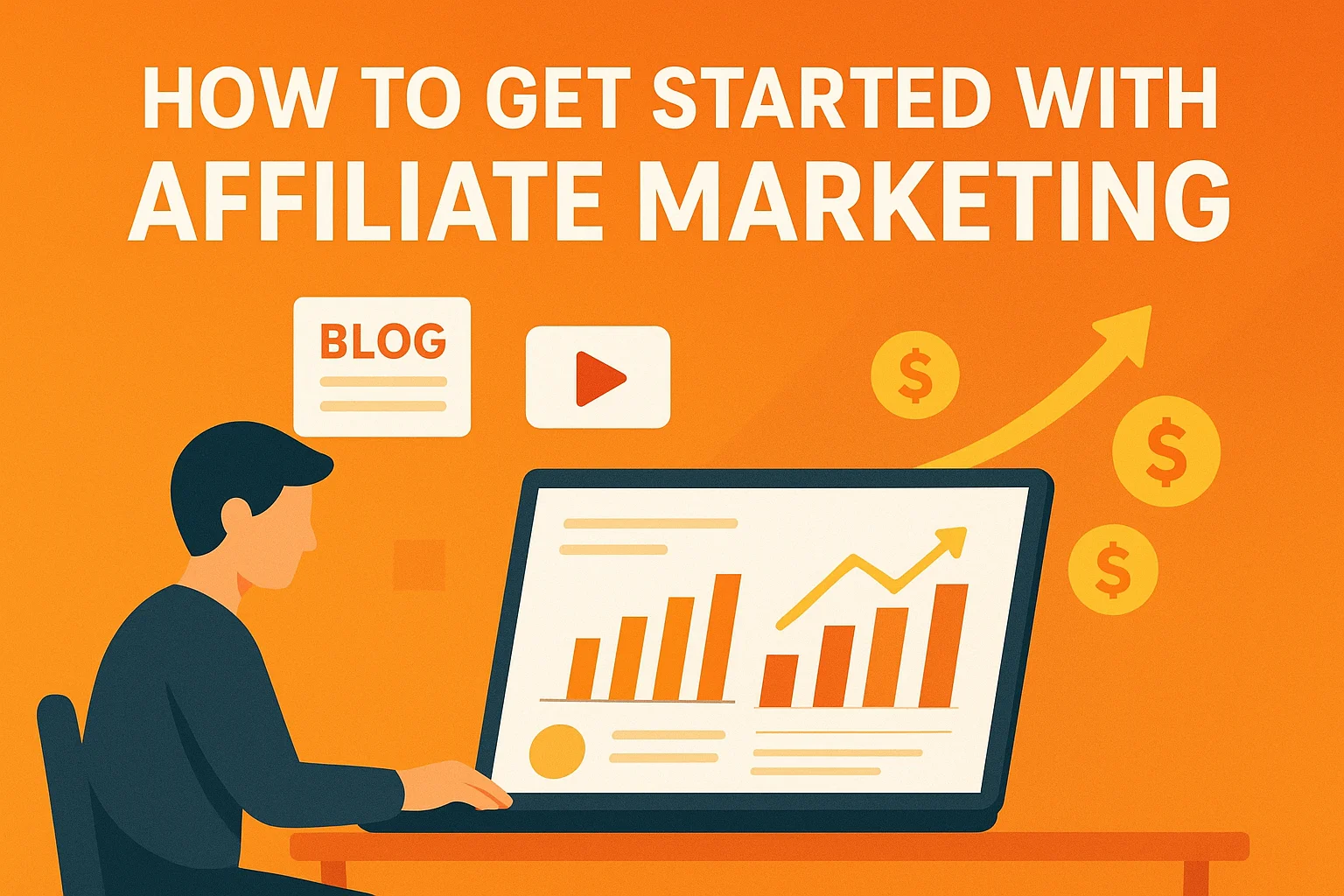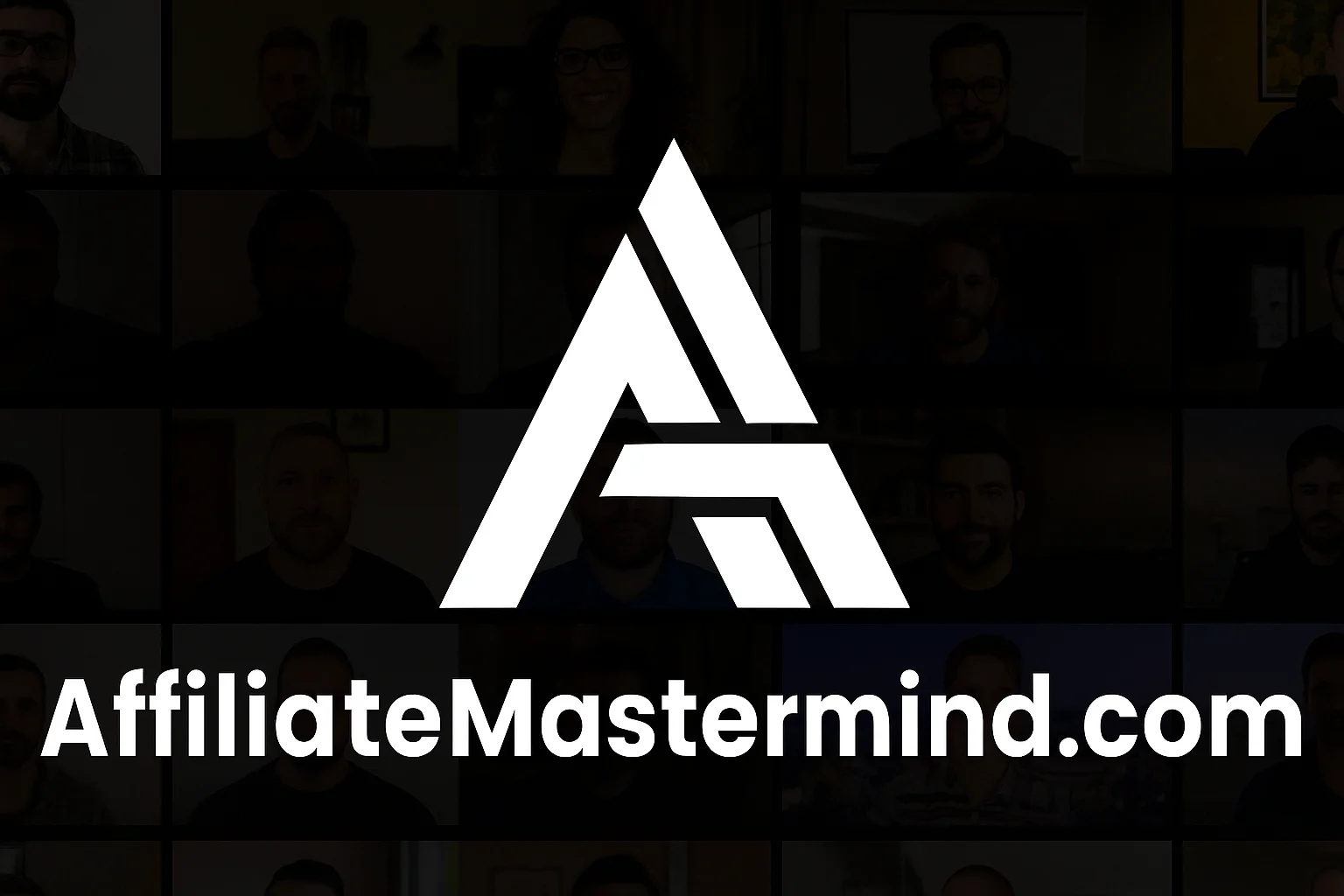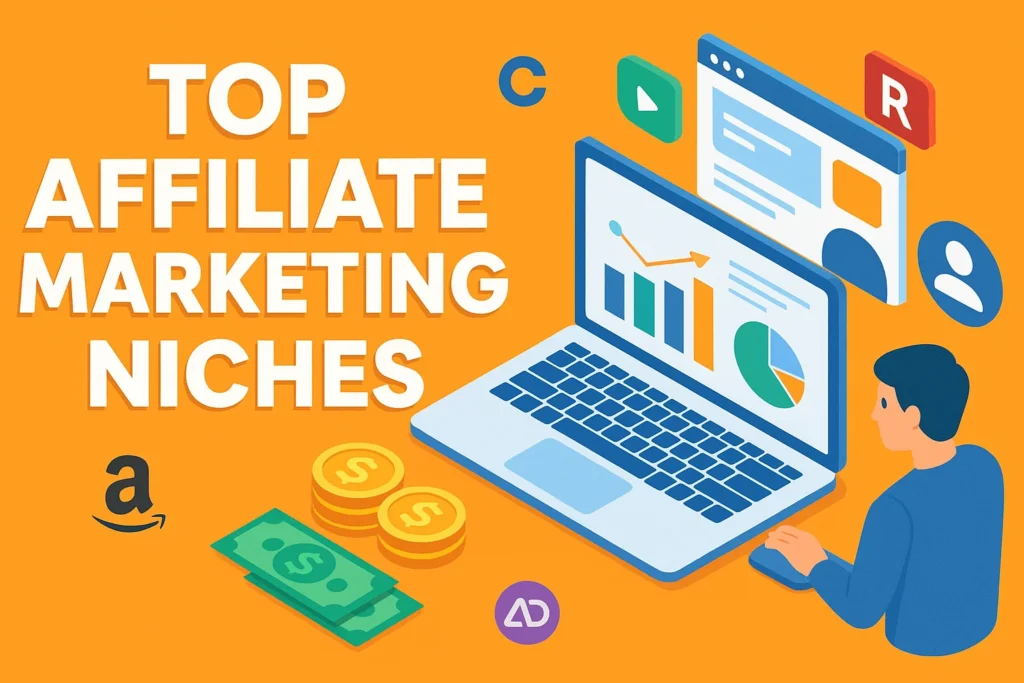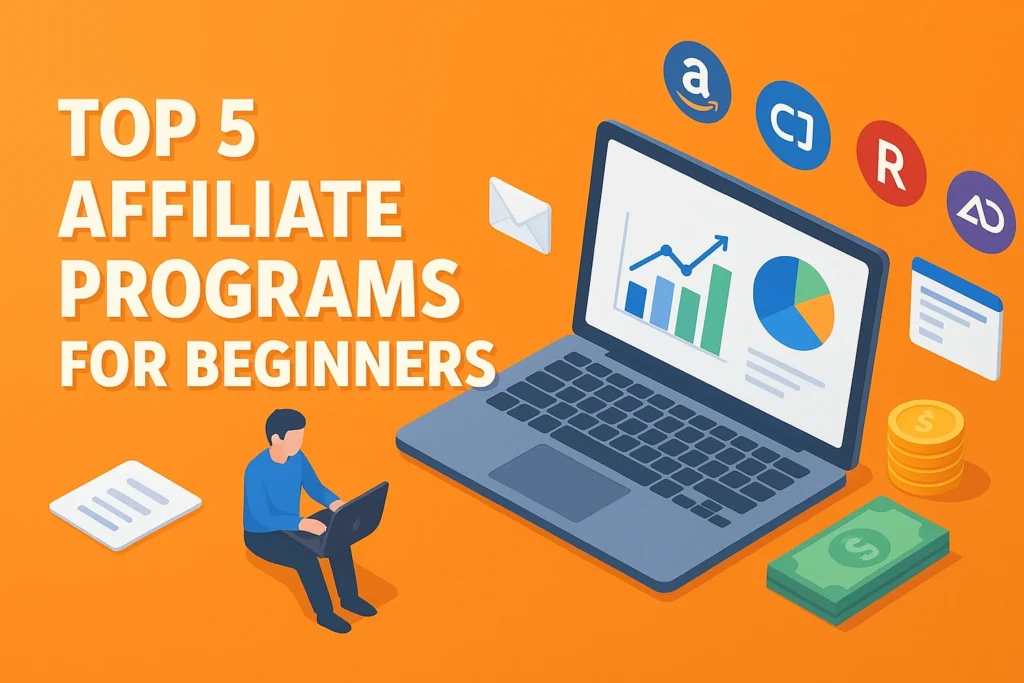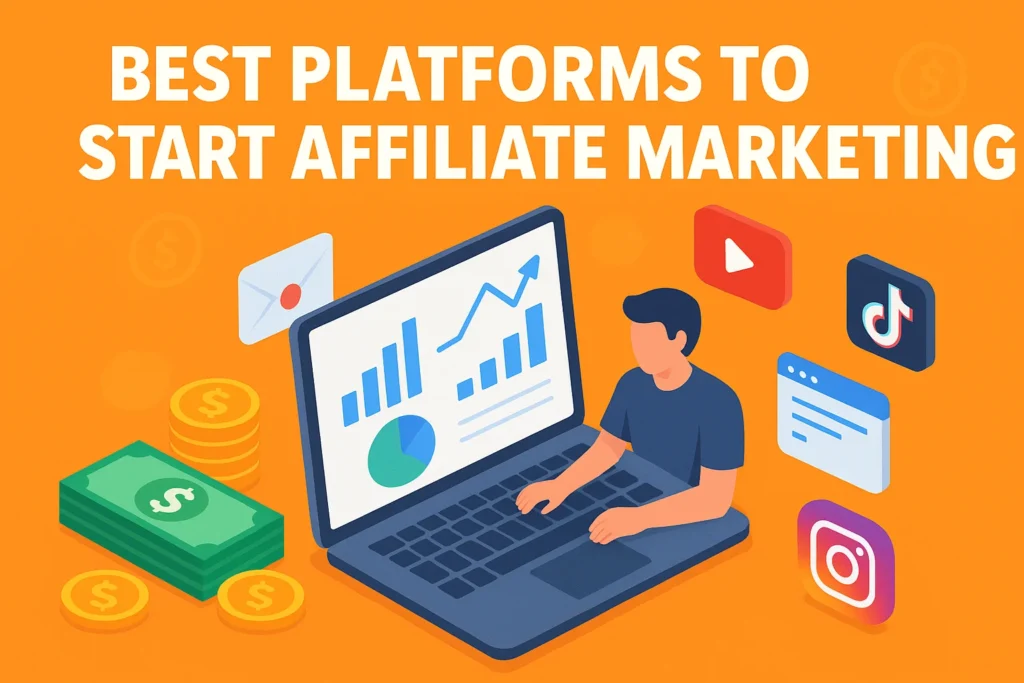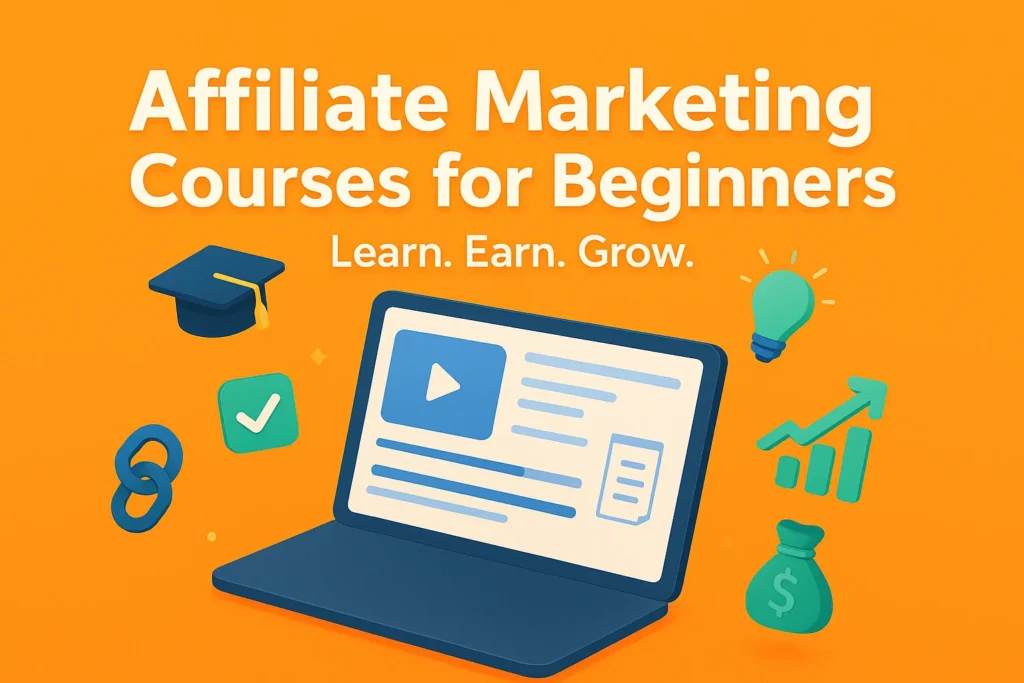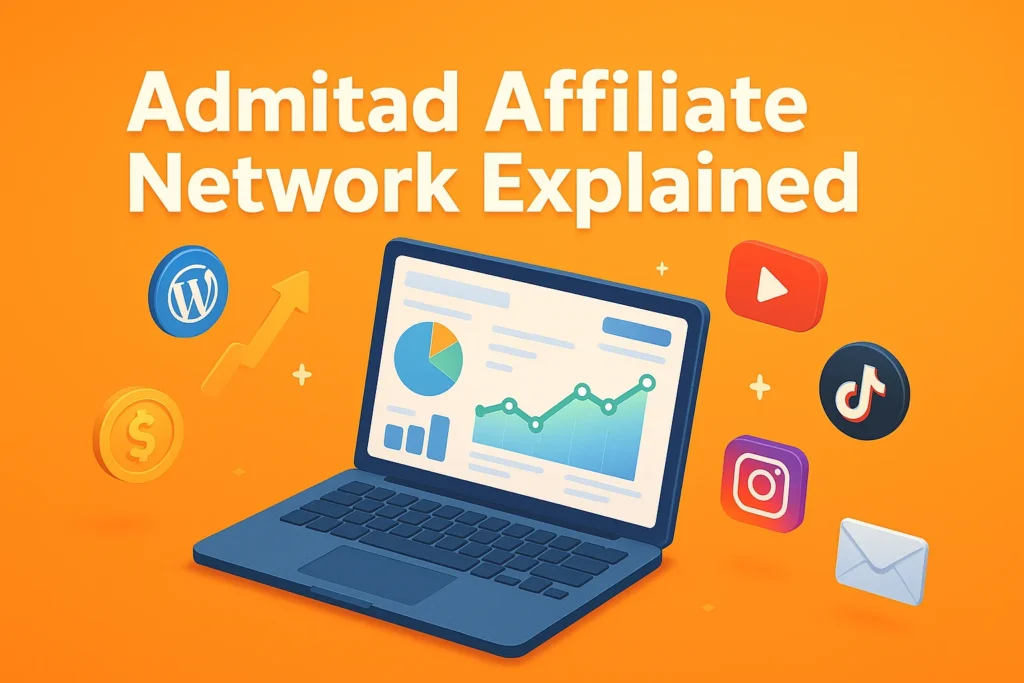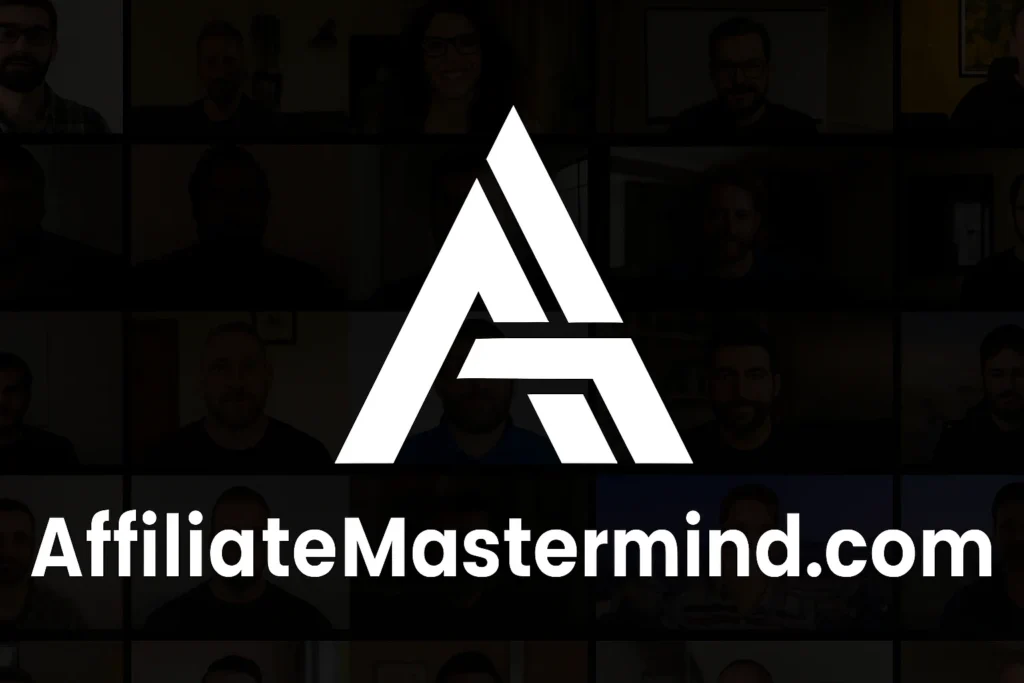Are you curious about making money online but not sure where to begin? One of the most popular — and beginner-friendly — options is affiliate marketing. But the real question many people ask is: how to get started with affiliate marketing if you’ve never done it before?
In this step-by-step guide, we’ll break down everything you need to know about how to get started with affiliate marketing — from choosing a niche to driving traffic and earning your first commission.
What is Affiliate Marketing and How Does it Work?
Affiliate marketing is a type of online business model where you earn a commission by promoting someone else’s product or service. Instead of creating your own product, you act as the “middle person” who connects buyers with sellers.
In simple terms:
That’s it — no inventory, no customer service, and no need to build a product from scratch.
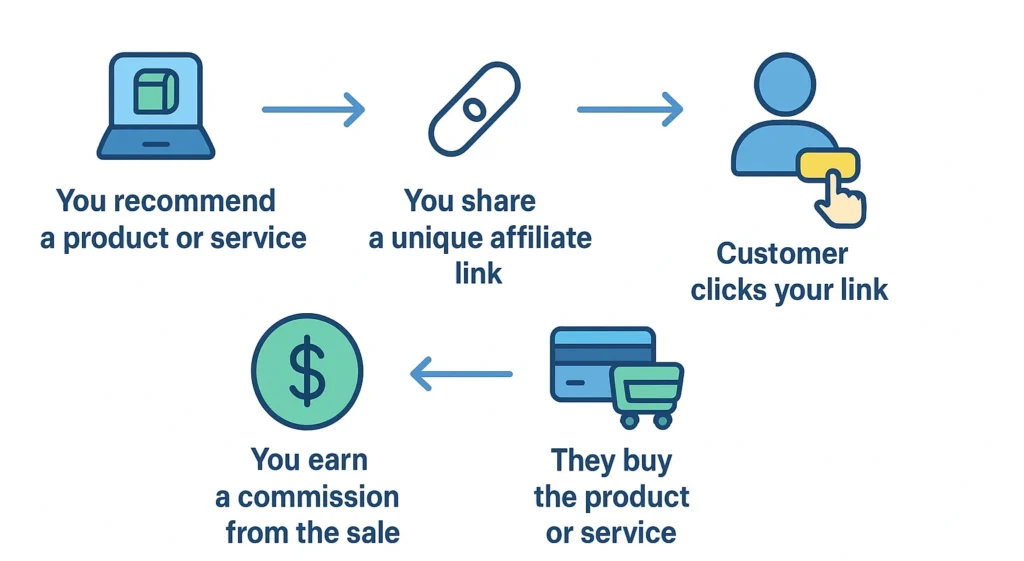
Why Affiliate Marketing Works?
Affiliate marketing benefits all three parties involved:
It’s a win-win system, which is why it has become one of the most popular ways to make money online.
Example of Affiliate Marketing in Action
Let’s say you start a blog about fitness.
➤ You join an affiliate program like Amazon Associates.
➤ You write a blog post about the “Best Home Workout Equipment.
➤ You add affiliate links to products like dumbbells or resistance bands.
➤ When a reader clicks your link and buys the equipment, you earn a small percentage of the sale.
Even if the reader buys something else on Amazon after clicking your link, you can still earn a commission.
Is Affiliate Marketing Easy for Beginners?
Affiliate marketing is beginner-friendly because:
However, while it’s easy to start, success requires patience. The more value you provide through your content, the more trust you’ll build — and that trust leads to sales.
Step 1: Choose a Profitable Niche
The first step to getting started with affiliate marketing is choosing a profitable niche.
Your niche is the specific topic or area you will focus on when creating content and promoting products.
Picking the right niche is critical because it determines your audience, the products you can promote, and your potential income.
Why Choosing a Niche Matters?
➤ Focus: A niche helps you create targeted content that appeals to a specific audience.
➤ Authority: Focusing on one topic helps you become a trusted source of information.
➤ Easier marketing: Promoting products becomes more effective when your content matches your audience’s interests.
Without a clear niche, your content can feel scattered, and it will be harder to attract loyal readers or viewers.
How to Pick a Profitable Niche
Here are some steps to help beginners choose a niche:
1. Identify Your Interests and Skills
2. Research Market Demand
3. Check Affiliate Opportunities
4. Analyze Competition
5. Profit Potential
Beginner-Friendly Niche Ideas
Some profitable niches that work well for beginners include:
✅ Pro Tip: Even if a niche is popular, you can stand out by targeting a specific sub-niche. For example, instead of just “fitness,” focus on “home workouts for busy parents.
Step 2: Find the Right Affiliate Programs
After choosing a profitable niche, the next step in getting started with affiliate marketing is finding the right affiliate programs.
An affiliate program is a platform or network that connects you with products or services you can promote and earn commissions from.
Choosing the right program is important because it affects your income, the products you promote, and how easy it is to track sales.
What to Look for in an Affiliate Program
When evaluating affiliate programs, beginners should consider these key factors:
1. Relevance to Your Niche
2. Commission Rates
3. Cookie Duration
4. Reputation and Support
5. Ease of Use
Types of Affiliate Programs for Beginners
Here are some beginner-friendly options:
Amazon Associates
ClickBank or JVZoo
Service-Based Programs
Niche-Specific Programs
✅ Pro Tip: Start with 1–3 programs that are easy to manage. As a beginner, it’s better to focus on quality rather than promoting too many products at once.
Step 3: Build Your Platform
Once you’ve chosen a niche and joined the right affiliate programs, the next step in getting started with affiliate marketing is to build your platform.
Your platform is where you’ll share content, promote products, and connect with your audience.
A strong platform helps you establish authority and attract visitors who are likely to click your affiliate links.
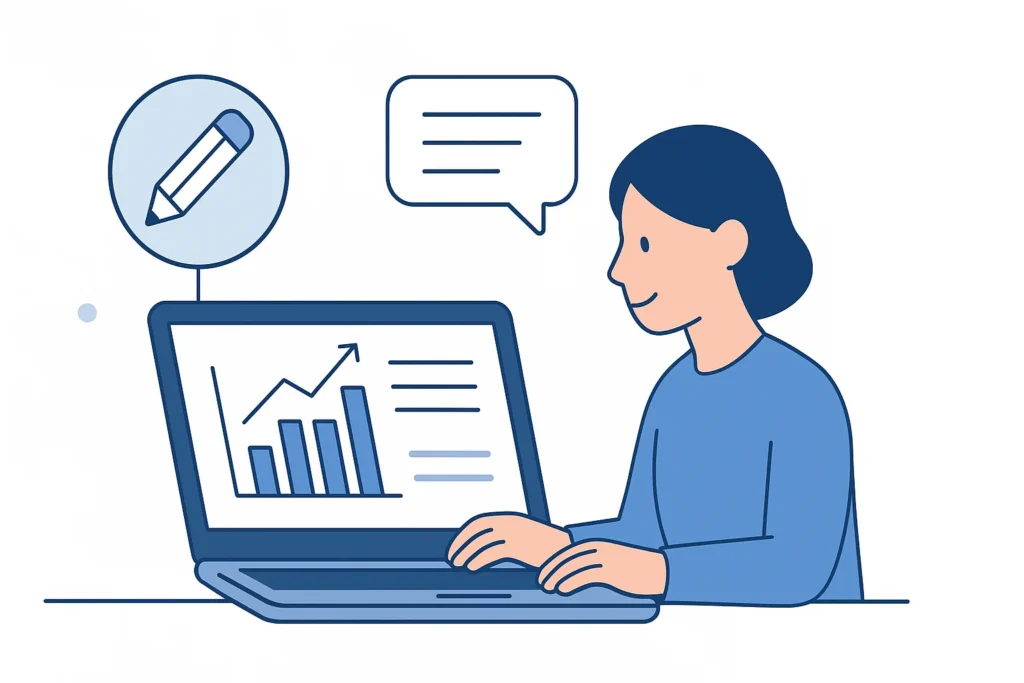
Why Building a Platform Matters
Without a platform, even the best affiliate programs won’t generate meaningful income.
Types of Platforms for Beginners
Here are the most common platforms you can use to promote affiliate products:
1. Blog / Website
2. YouTube Channel
3. Social Media Accounts
4. Email Marketing
How to Get Started
✅ Pro Tip: You don’t need a huge following to earn commissions. Even a small, engaged audience can generate sales if your content is helpful and trustworthy.

Create Your First Blog Website
- ✔ WordPress-optimized hosting
- ✔ Fast, secure & reliable servers
- ✔ Free SSL & domain included
- ✔ 24/7 Expert Support
Step 4: Create Valuable Content
Once you’ve built your platform, the next step in getting started with affiliate marketing is to create valuable content.
Content is the main way you attract your audience, build trust, and encourage clicks on your affiliate links.
High-quality content helps your readers solve problems, answer questions, and make informed decisions — which increases the chances they’ll use your affiliate links.

Why Valuable Content Matters?
Types of Content to Create
As a beginner, you can start with these content types:
Example: “Top 5 Home Workout Equipment for Beginners.”
Works well on Instagram, TikTok, or Pinterest.
Include affiliate links naturally within your emails.
Tips for Creating Effective Affiliate Content
✅ Pro Tip: Valuable content doesn’t need to be perfect at first. Focus on helping your audience, and improve as you go. Consistency matters more than perfection when you’re getting started with affiliate marketing.

Create Your First Affiliate Blog Website
- ✔ WordPress-optimized hosting
- ✔ Fast, secure & reliable servers
- ✔ Free SSL & domain included
- ✔ 24/7 Expert Support
Step 5: Drive Traffic to Your Affiliate Links
After creating valuable content, the next step in getting started with affiliate marketing is driving traffic to your affiliate links.
Even the best content won’t generate commissions if no one sees it.
Traffic is the lifeblood of affiliate marketing, and the more relevant visitors you attract, the higher your earning potential.
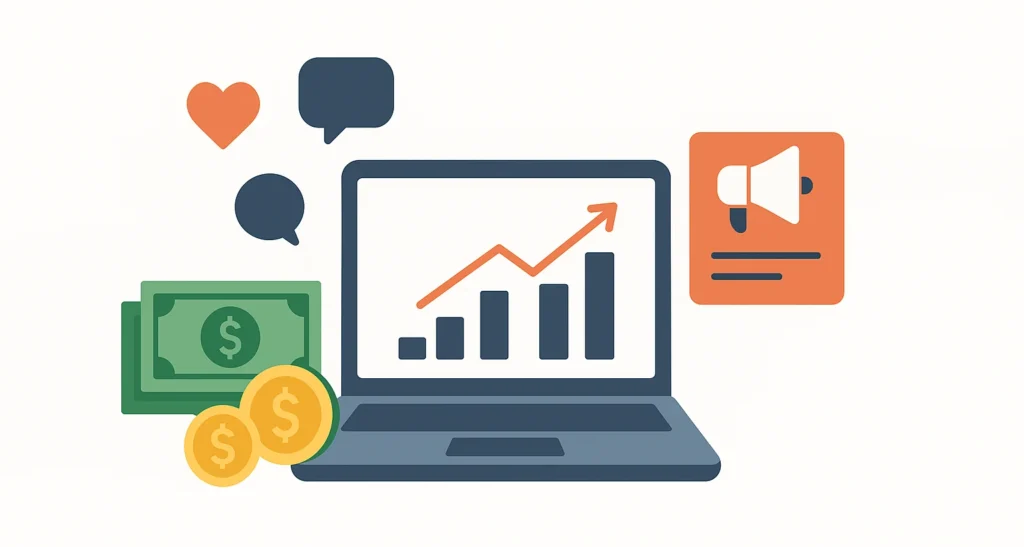
Why Driving Traffic Matters?
Free Traffic Methods
For beginners, starting with free traffic methods is the easiest and most cost-effective approach:
1. Search Engine Optimization (SEO)
2. Social Media Marketing
3. Online Communities
4. Email Marketing
Paid Traffic Methods
Once you’re more confident, you can consider paid traffic to accelerate results:
✅ Pro Tip: Consistent traffic growth takes time. Even small amounts of traffic can lead to commissions if your content is valuable and targeted.
Do I Need a Website to Start Affiliate Marketing?
One of the most common questions beginners ask when learning how to get started with affiliate marketing is: Do I need a website? The short answer is no — you can begin affiliate marketing without a website.
However, having a website does give you some major advantages.
Starting Affiliate Marketing Without a Website
You don’t need a website to start affiliate marketing because there are several other platforms you can use to promote affiliate links, such as:
These methods are free or low-cost, and they allow beginners to start earning commissions quickly without setting up a website.
Advantages of Having a Website in Affiliate Marketing
Even though a website isn’t required, it can help you succeed in the long run:
Which Option is Best for Beginners?

Create Your First Affiliate Blog Website
- ✔ WordPress-optimized hosting
- ✔ Fast, secure & reliable servers
- ✔ Free SSL & domain included
- ✔ 24/7 Expert Support
Both approaches can work, but combining a website with other platforms gives you the best chance for consistent, long-term results.
How Much Can a Beginner Earn from Affiliate Marketing? (Setting Realistic Expectations)
When getting started with affiliate marketing, one of the first questions beginners ask is: How much money can I make? The honest answer is that it depends on several factors, such as your niche, platform, content quality, and how much effort you put in.
Affiliate marketing can be highly profitable, but it’s not a “get rich quick” scheme. Setting realistic expectations will help you stay motivated and avoid frustration.
What Beginners Can Expect to Earn
Factors That Affect Earnings
Several things determine how much you can earn as a beginner:
Setting Realistic Expectations
Common Mistakes Beginners Should Avoid
When getting started with affiliate marketing, it’s easy for beginners to feel overwhelmed.
Many new affiliates make mistakes that slow down their progress or even stop them from earning commissions.
The good news is that most of these mistakes can be avoided with the right knowledge.
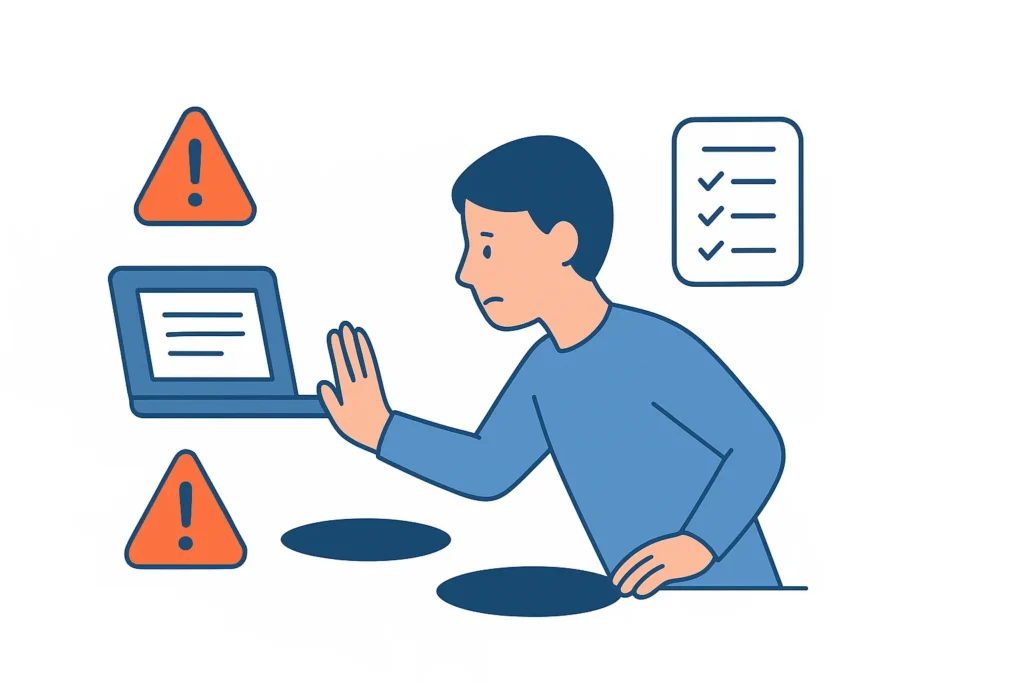
1. Promoting Too Many Random Product0
Beginners often join multiple affiliate programs and promote anything they can find. This creates scattered content and confuses the audience.
👉 Fix: Focus on a few quality products that are relevant to your niche and truly helpful to your audience.
2. Expecting Quick Results
Affiliate marketing is not a “get rich quick” system. Some beginners quit too soon because they don’t see immediate income.
👉 Fix: Set realistic expectations. Consistent effort over months is required before you see steady commissions.
3. Ignoring Content Quality
Simply placing affiliate links without valuable content rarely works. People need helpful information before they trust your recommendations.
👉 Fix: Create reviews, tutorials, and guides that solve problems. Add affiliate links naturally within the content.
4. Not Building Trust with the Audience
Over-promoting or pushing sales too hard can make you look spammy. Without trust, clicks won’t turn into sales.
👉 Fix: Be honest. Recommend only products you believe in and explain both pros and cons. Transparency builds credibility.
5. Skipping SEO and Traffic-Building
Even great content won’t work if no one sees it. Many beginners don’t spend time learning SEO or traffic strategies.
👉 Fix: Learn the basics of SEO, share your content on social media, and consistently work on growing your audience.
6. Avoiding Investment Altogether
Yes, you can start affiliate marketing with little to no money, but refusing to invest in tools (like a domain name or email software) can limit growth.
👉 Fix: Start lean, but be willing to invest in tools that make your business more professional and scalable.
✅ Pro Tip: The biggest mistake is giving up too early. Most beginners fail not because affiliate marketing doesn’t work, but because they quit before their efforts had time to pay off.
Final Thoughts: How to Get Started with Affiliate Marketing
Learning how to get started with affiliate marketing doesn’t have to be complicated. By following a simple step-by-step process, beginners can move from confusion to clarity and start building a solid foundation for success.
Affiliate marketing is one of the most beginner-friendly ways to earn online because you don’t need to create your own product. All you need is the right niche, the right programs, and consistent effort to grow your platform.
Ready to Take Action?
If you want to take the first step and create your own affiliate blog or website, I recommend using Hostinger.
It’s affordable, beginner-friendly, and perfect for building a professional platform. (This is my affiliate link — if you purchase through it, I may earn a commission at no extra cost to you):
👉 Get started with Hostinger here

Create Your First Affiliate Blog Website
- ✔ WordPress-optimized hosting
- ✔ Fast, secure & reliable servers
- ✔ Free SSL & domain included
- ✔ 24/7 Expert Support
If you’d like structured training on how to get started with affiliate marketing,
you can also check out my recommended Affiliate Mastermind Course. It’s designed to guide beginners step by step.
👉 Join the Affiliate Mastermind Course here
FAQs
💡 You Might Also Like

PasiveMarketer delivers hands-on SaaS and software reviews along with affiliate marketing insights to help entrepreneurs choose the right tools and build profitable online businesses with confidence.


